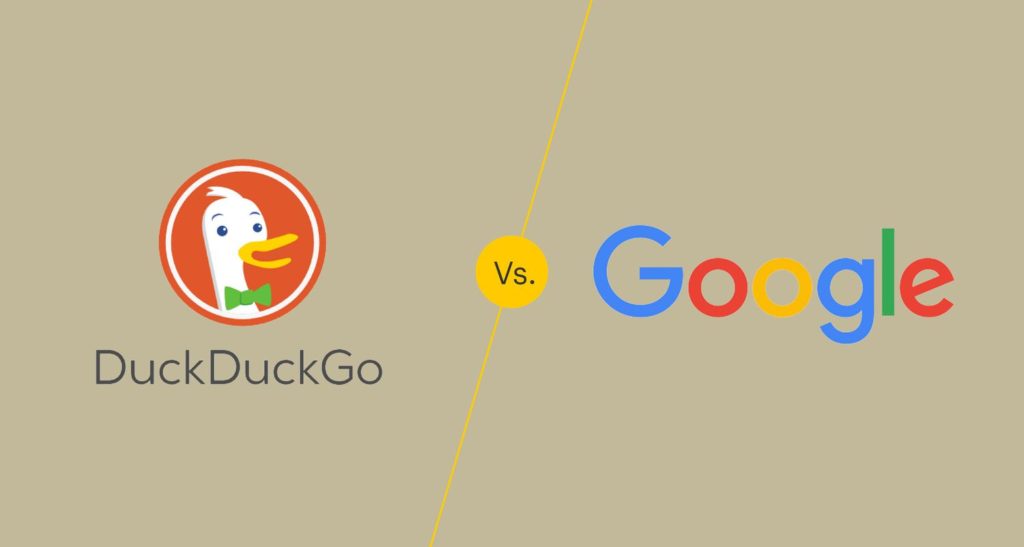|
Getting your Trinity Audio player ready...
|
DuckDuckGo, a vocal critic of Google’s alleged anti-competitive practices, is among the challengers poised to participate in a high-stakes antitrust trial set to commence on Tuesday. The trial, viewed as a pivotal battle for the future of the internet, will see the United States argue that Google engaged in unfair tactics to establish dominance in the online search market.
The U.S. Justice Department is expected to present evidence outlining Google’s substantial financial arrangements with device manufacturers, wireless carriers, and browser developers to ensure its search engine’s supremacy.
One of DuckDuckGo’s complaints centers around the difficulty of removing Google as the default search engine on devices and replacing it with DuckDuckGo. This perceived complexity has contributed to DuckDuckGo’s market share remaining modest at 2.3%.
DuckDuckGo, along with tech giants Microsoft and Yahoo, will be closely monitoring the trial’s proceedings.
Kamyl Bazbaz, a spokesperson for DuckDuckGo, expressed satisfaction that the issue of Google’s alleged hindrance to rival search engines would finally be addressed in court. Bazbaz asserted that Google had maintained a “stranglehold on major distribution points for more than a decade.”
Google has staunchly denied any wrongdoing and has stated its readiness to vigorously defend itself.
This legal battle carries significant implications for the broader technology sector, where giants like Google, Facebook, and Amazon have faced accusations of stifling competition, often while offering free or low-cost services to users.
Luke Hasskamp, an antitrust lawyer, emphasized the importance of this case, particularly for dominant tech companies. He stated, “It would be difficult to overstate the importance of this case, particularly for monopolies and companies with significant market share.”
Antitrust cases of this magnitude have historical precedents, including the landmark cases against Microsoft in 1998 and AT&T in 1974. The 1982 breakup of AT&T is credited with laying the foundation for the modern cell phone industry, while the Microsoft case is seen as a pivotal moment that allowed companies like Google to flourish on the internet.
Last year, Congress attempted to rein in Big Tech but largely fell short of passing significant legislation to curb their market power. Several bills were considered, including those aimed at preventing tech companies from favoring their own products, but the most ambitious proposals did not pass.
Now, tech industry rivals are pinning their hopes on Judge Amit Mehta, who was nominated by former President Barack Obama to the U.S. District Court for the District of Columbia.
This trial, initially brought by former President Donald Trump’s Justice Department, has seen bipartisan continuity under President Joe Biden’s administration, with a second lawsuit filed in January focusing on Google’s advertising technology.
Judge Mehta will determine whether Google has violated antitrust laws in this trial and, if so, what remedies are appropriate. The government has asked the judge to halt any unlawful conduct by Google and has not ruled out the possibility of structural remedies, which could include breaking up the tech giant.
The government’s strongest arguments in this case center around Google’s revenue-sharing agreements with manufacturers of Android devices. These agreements require Google to be the exclusive search engine on smartphones in exchange for a portion of search advertising revenue, according to Daniel McCuaig, a partner at Cohen Milstein and former member of the U.S. Justice Department’s Antitrust Division.
